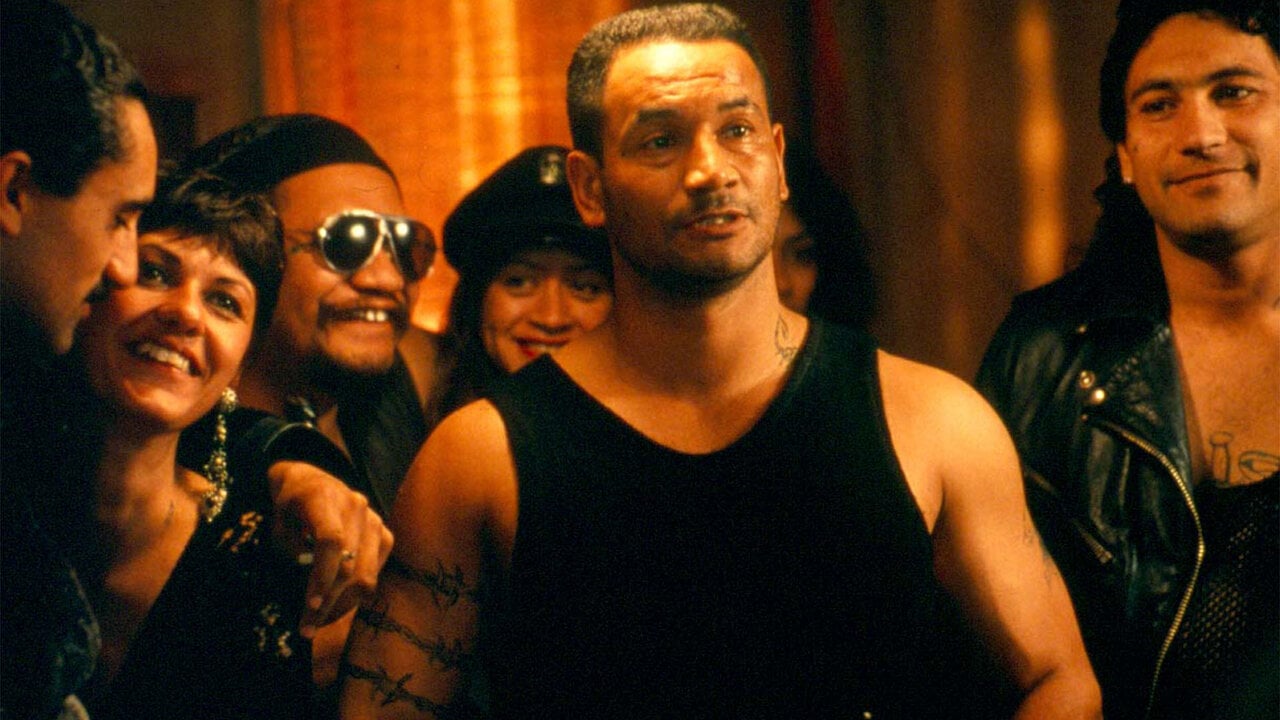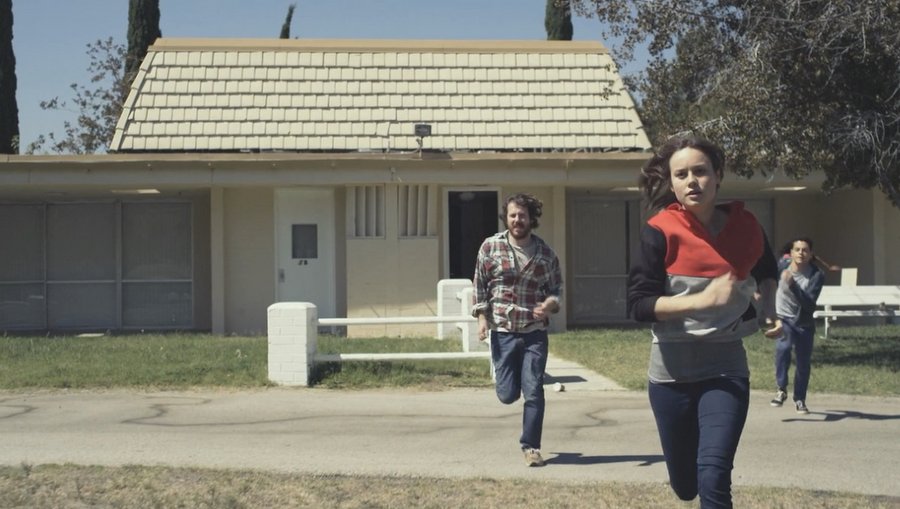To Kill a Tiger (2022)

The Very Best
8.3
An unflinching and necessary look at one family’s quest for justice in rural India
Movie
Canada, India
Hindi
Documentary
2022
FEMALE DIRECTOR, NISHA PAHUJA
128 min
TLDR
Let this serve as a harsh but necessary reminder that real, intersectional feminism still has a ways to go.
What it's about
In a small Indian village, a father will stop at nothing to hold the three men who assaulted his 13-year-old daughter.
The take
To Kill a Tiger should not be an easy watch. It’s about the gang rape of 13-year-old Kiran, a girl whose small village has shunned and blamed her for “not knowing better,” and who is being forced by community leaders to marry her abuser to “erase the stain” on herself. But instead of leaning on sensationalism, Director Nisha Pahuja tells Kiran’s story with so much care and sensitivity that it feels refreshing and ultimately inspiring to watch. Pahuja hones in on Kiran’s relationship with her father, Ranjit, who stands by her daughter despite the pressure imposed by his community to do otherwise. The filmmakers note that he’s the rare man to pursue justice for his wronged daughter, and we can see through intimate conversations among the villagers, lawmakers, and social workers how brave and novel Kiran and Ranjit’s journey is. To Kill a Tiger is not an easy watch, but under Pahuja’s deft direction, the discomfort feels necessary, and the relationships heart-aching but uplifting.
What stands out
The cinematography by Mrinal Desai is breathtaking. That he and Pahuja are able to find beauty in a bleak situation, the sort of beauty that Kiran and Ranjit are willing to fight for, is just as impressive as anything in the film.
Comments
Your name
Your comment
Your comment
UP NEXT
UP NEXT
UP NEXT
Curated by humans, not algorithms.

© 2025 agoodmovietowatch, all rights reserved.














